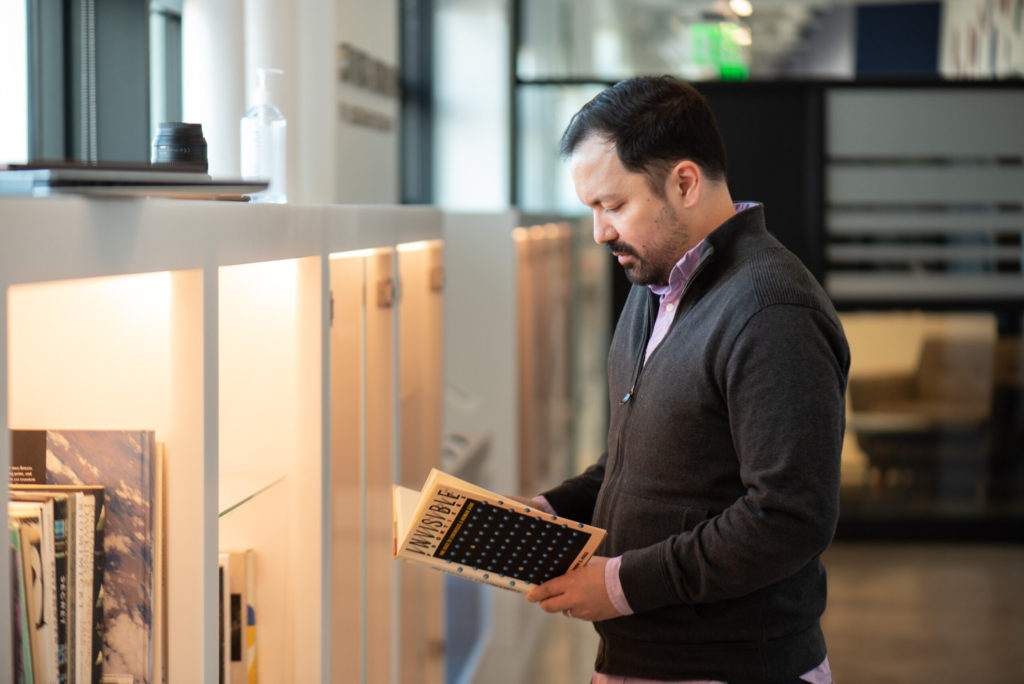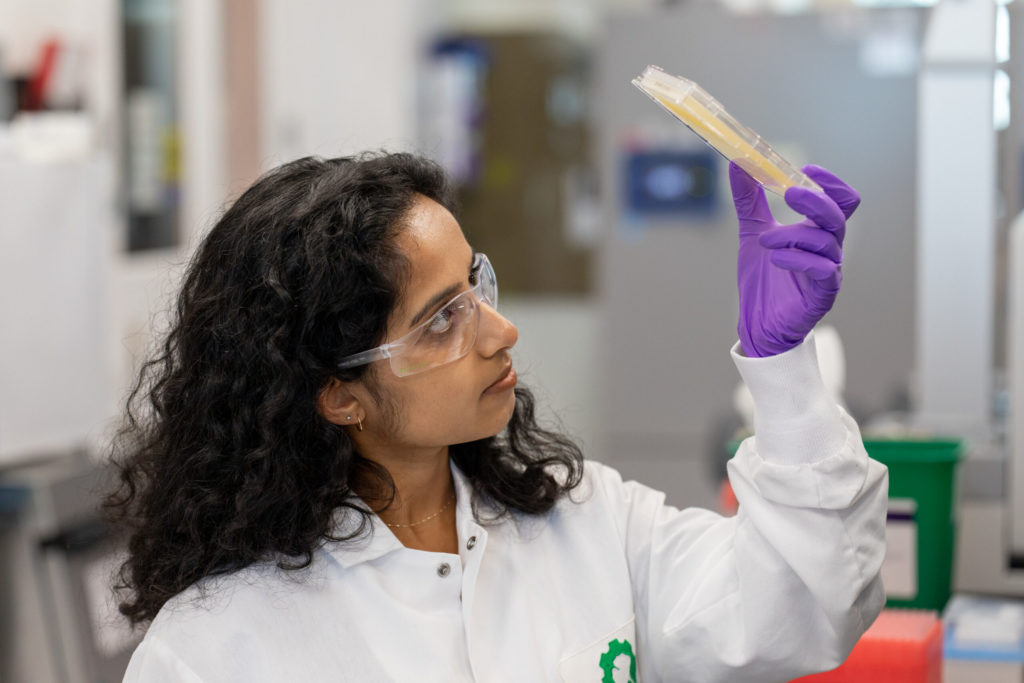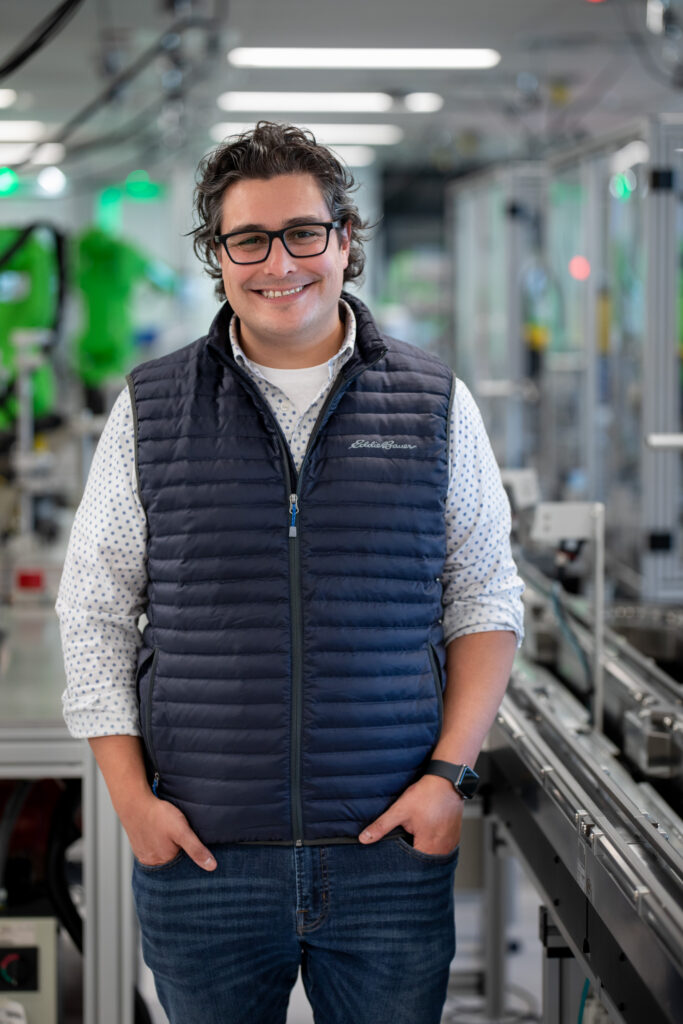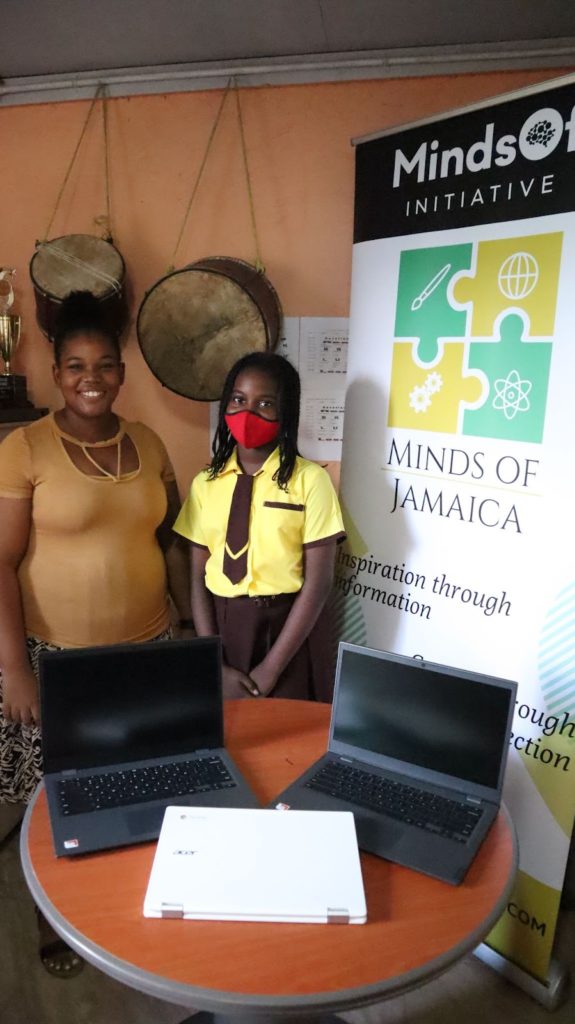This summer we welcomed our second cohort of Cultivate Fellows!
We added 11 students to the program, for a total of 23 Black STEM scholars representing 19 universities. Doing so helps fulfill Ginkgo’s commitment to build a more equitable society and company.
Black STEM scholars report high rates of isolation as one reason for high rates of attrition. The Cultivate Fellowship is Ginkgo’s way of trying to alleviate the barriers experienced by these talented students and reduce the marginalization of Black individuals in STEM.
The 2023 cohort of Cultivate Fellows consisted of 11 Black undergraduate students from 11 different institutions, including historically black colleges and universities (HBCUs) and a community college. Members of the Katherine Johnson Affinity Group selected the Fellows. Two focal points of the week were professional development and networking. Fellows engaged in career exploration opportunities, discussions, and panels designed to expand their knowledge of the range of opportunities across STEM fields that are open to them.
Additional details regarding the activities, panels, and discussions our Fellows participated in this year can be found here: Cultivate Fellowship 2023 Wrap-Up
The 2023 cohort also had the opportunity to meet Ginkgo’s inaugural Cultivate Fellowship cohort from 2022. We hope to plant the roots for a self-sustaining community of Black STEM scholars. We know that they have the potential to change the trajectory of Black individuals across all STEM fields.
Featured in the Boston Globe
Ginkgo’s Communications Team and Early Talent Team worked to feature the program in The Boston Globe. Make sure to read the article here. It includes some of the firsthand experiences of our Fellows throughout the week.
The Cultivate Fellowship’s on-site week in Boston was just the beginning. We hope to build a long and meaningful relationship between Ginkgo and both of our Cultivate Fellow cohorts. Each Fellow will be paired with a mentor who will continue to provide guidance and support around their professional and academic journey. They will also each receive an annual $3,000 scholarship until graduation.
Lastly, the Early Talent Team would like to thank those involved in the creation and execution of this program. Its accomplishments are thanks to the hard work of many Bioworkers across the company. Sending a particular shoutout to Noah Howe, our People Team intern this summer, who thoroughly and continuously supported the Cultivate Fellowship.



